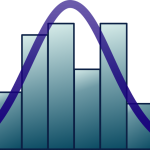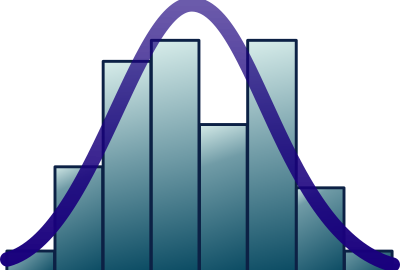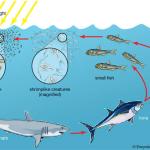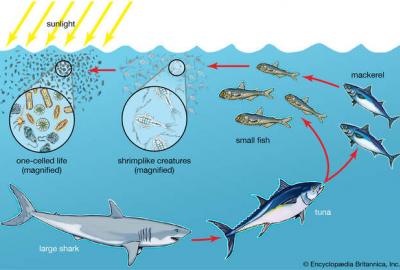Genomics, Transcriptomics and Proteomics
The course contents includes the following topics:
- Genome organisation of prokaryotes and eukaryotes.
- Mechanisms of genome stability, alteration and evolution, as well as Genomic recombination.
- Techniques of nucleic acids analysis.
- DNA markers technologies.
- Identification of genes only recognisable by their impact in the phenotype: a) Map based cloning; b) Genome wide association studies (GWAS); c) Identification of regions of homozygosity (ROHs).
- Genomic and expression libraries.
- Genomic databases.
- Next generation sequencing techniques.
- Quantitative analysis of gene expression, from microarrays to RNAseq, real time PCR and Epigenetic modulation.
- One genome multiple proteomes.
- Resolution of complex protein mixes through chromatographic techniques and 2D gel electrophoresis.
- Digestion techniques of proteins in peptides.
- Quantitative proteomics: Isotope (ICT) and Fluorescence (DIGE) labelling.
- Analysis of proteins by mass spectrometry.
- Identification of post-translational modifications.
- Protein arrays.
Final Competencies
1 Students are supposed to acquire theoretical knowledge and basic practical skills enabling them to feel more confident when joining modern companies involved in bio-production.
2 Ability to perform high-level modern scientific research in the field of Genomics, Transcriptomics and Proteomics.
3 Ability to initiate more advanced (e.g., Ph.D.) study programs that require relatively deep knowledge on the field of Genomics, Transcriptomics and Proteomics.
Further course information can be found here: https://studiekiezer.ugent.be/studiefiche/en/C004249/2021






